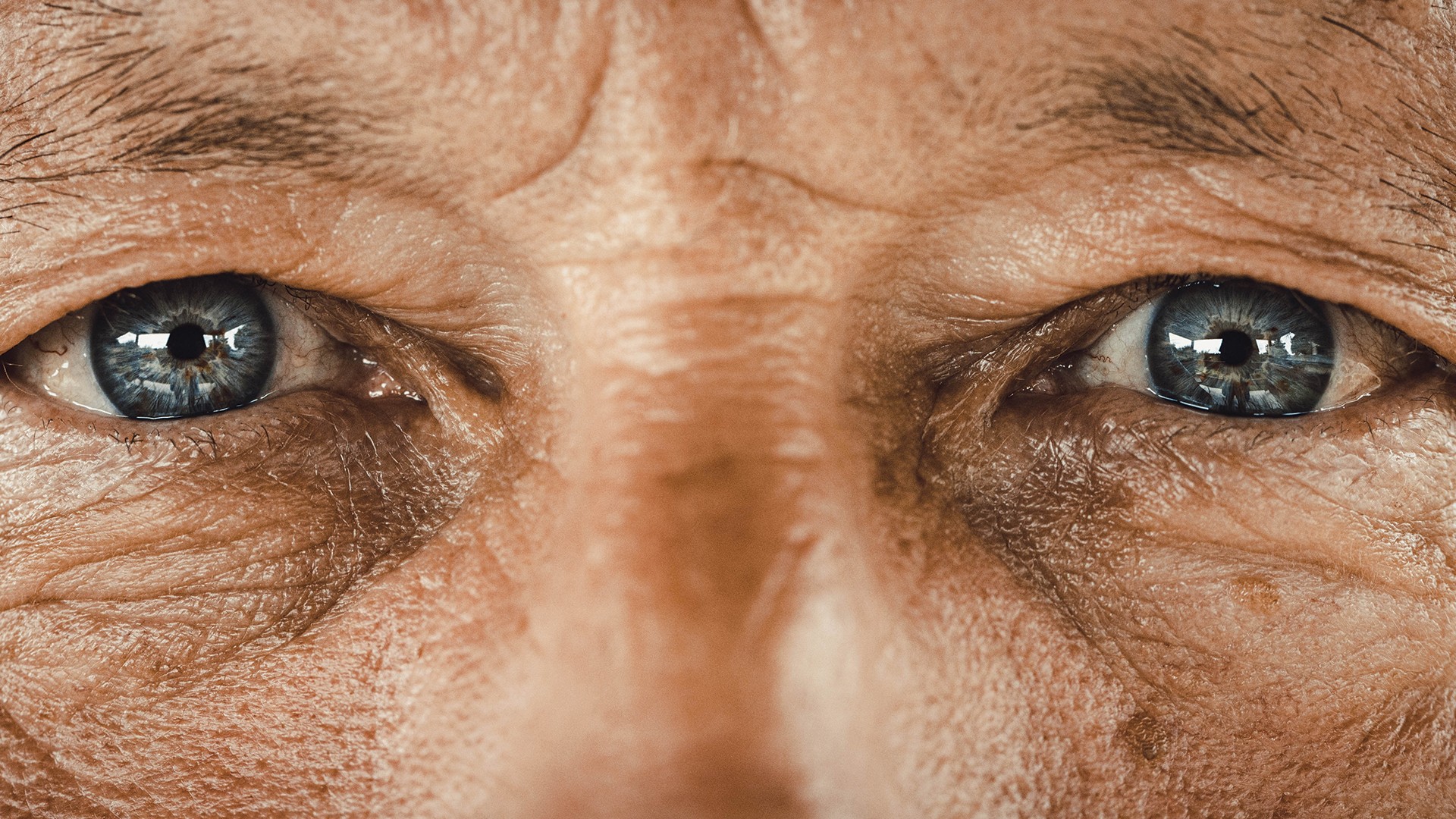
Eyesight is perceived as the most valuable of senses. While it is critical for our quality of life, it is also highly susceptible to deterioration either caused by a specific genetic background or by normal ageing. Despite being a relatively small, discrete organ, the human eye stands out through the complexity and variety of cells that made it up. In turn, these support fascinating and often unique biological processes, which are finely tuned to support our vision, throughout life. Unsurprisingly, such processes are heavily influenced by individual genetic make- up, environment, diet and age-related stress.
Professor Paraoan’s talk will concentrate on biological processes involving light sensitive cells and their supporting cells in the retina, at the back of the eye. These are involved in the gradual degeneration leading to age-related impaired or loss of vision (like in age-related macular degeneration), bearing functional similarities with degenerative changes in the brain (Alzheimer’s Disease). Age-related eye diseases remain difficult to treat, making discoveries in this area vitally important.
Professor Luminita Paraoan joined Edge Hill University in 2022, where she founded and leads the Ocular Molecular Biology and Mechanisms of Disease Research Group. She is the Vice-President ( Europe) of the International Society for Eye Reperch, has been recognised as Gold Fellow of the Association for Research in Vision and Ophthalmology and included in the 2021 Power List of Top 100 Women in Ophthalmology.
Who is this event for?
Enquiries
For more information about this event contact [email protected]